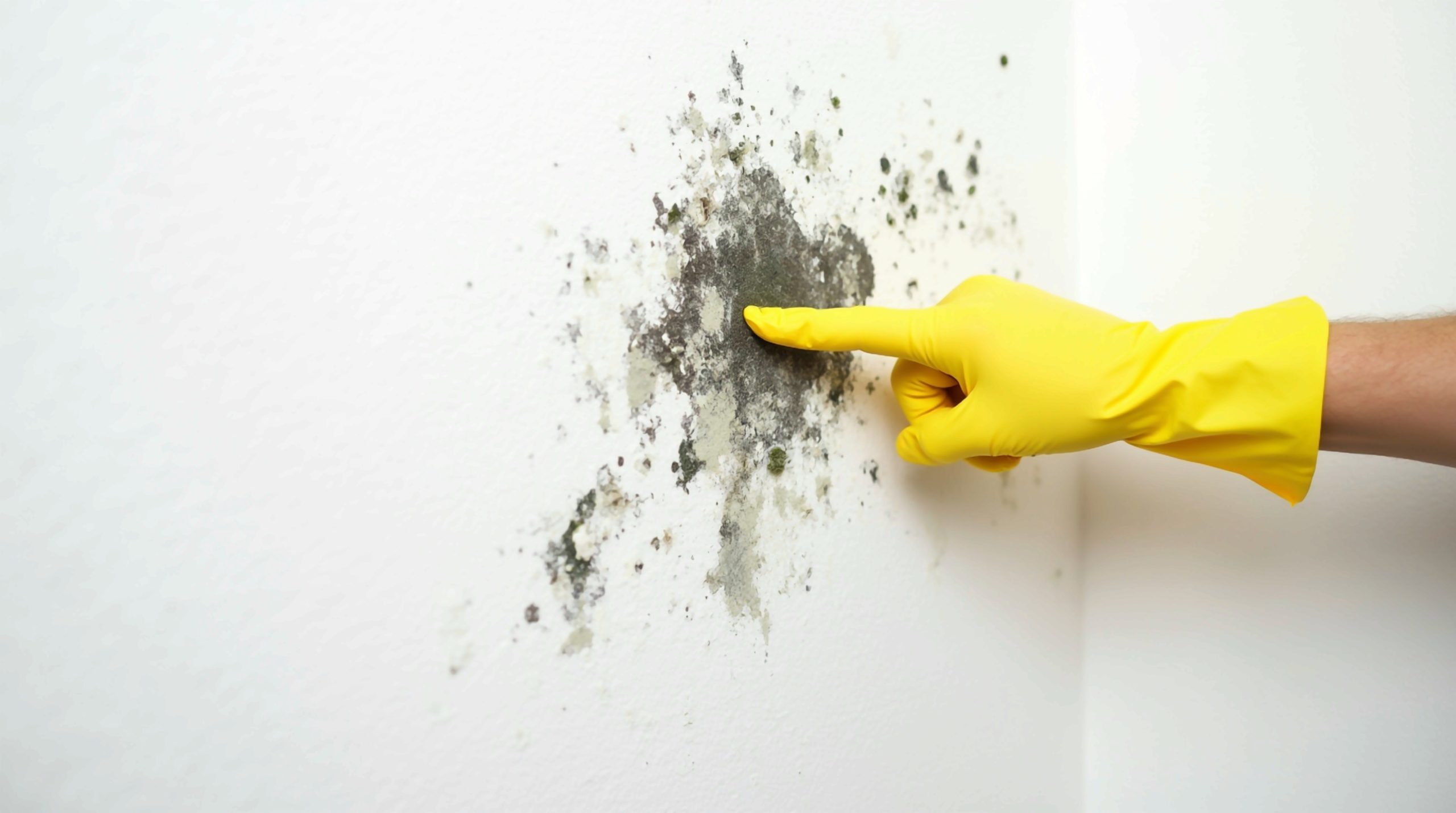Eastern North Carolina Important: COVID-19 Announcement.

Allergens can be a hidden menace in many households, often lurking unnoticed in various nooks and crannies. These environmental triggers can cause multiple symptoms, from mild discomfort to severe allergic reactions. Identifying and mitigating these allergens is vital for maintaining a healthy home environment.
Foundation issues can have a surprising impact on indoor allergens. When foundations are compromised, moisture can seep in, fostering an environment conducive to mold growth and dust mites. These allergens thrive in damp conditions, circulating in the air and exacerbating respiratory problems for sensitive individuals. Furthermore, cracks in the foundation can allow outdoor allergens, like pollen, to enter the home. By repairing these foundational problems, homeowners can reduce moisture levels and block allergen infiltration, leading to a healthier living space.
Foundation issues can lead to water seepage, creating damp environments perfect for mold growth and dust mites. You can help keep your home dry and minimize these allergens by repairing foundation cracks and improving drainage.
To further combat allergens, homeowners should consider the following daily practices:
While allergens are common in many homes, understanding their sources and implementing preventative measures—such as foundation repair—can significantly reduce their presence and impact on health. By proactively addressing the allergens and underlying structural issues, homeowners can create a safer, more comfortable living environment. Call Atlantic Foundation and Crawlspace Repair if you have any concerns about your foundation. We offer free estimates for homeowners in Eastern North Carolina.
1. What are some common signs that my home may have a foundation issue?
Common signs include cracks in walls or floors, uneven flooring, and doors or windows that stick or don’t close properly. If you notice these signs, it’s essential to consult a professional to assess the foundation.
2. How can I identify allergens in my home?
You can locate allergens through allergy testing with a healthcare provider, monitoring symptoms, and conducting regular cleaning and inspections for mold, dust, and pet dander.
3. What role do HVAC systems play in controlling indoor allergens?
HVAC systems can help filter out allergens when equipped with high-efficiency filters. Regular maintenance and cleaning of ducts also play a crucial role in reducing allergen buildup in your home.
-https://www.wyndly.com/blogs/learn/can-outdoor-allergies-affect-you-inside
-https://www.dalinghausconstruction.com/blog/what-happens-if-water-gets-under-the-foundation/
-https://www.frontiersin.org/journals/immunology/articles/10.3389/fimmu.2024.1348272/full
-https://publications.ersnet.org/content/erj/63/4/2301397
-https://www.mayoclinic.org/diseases-conditions/allergies/in-depth/allergy/art-20049365